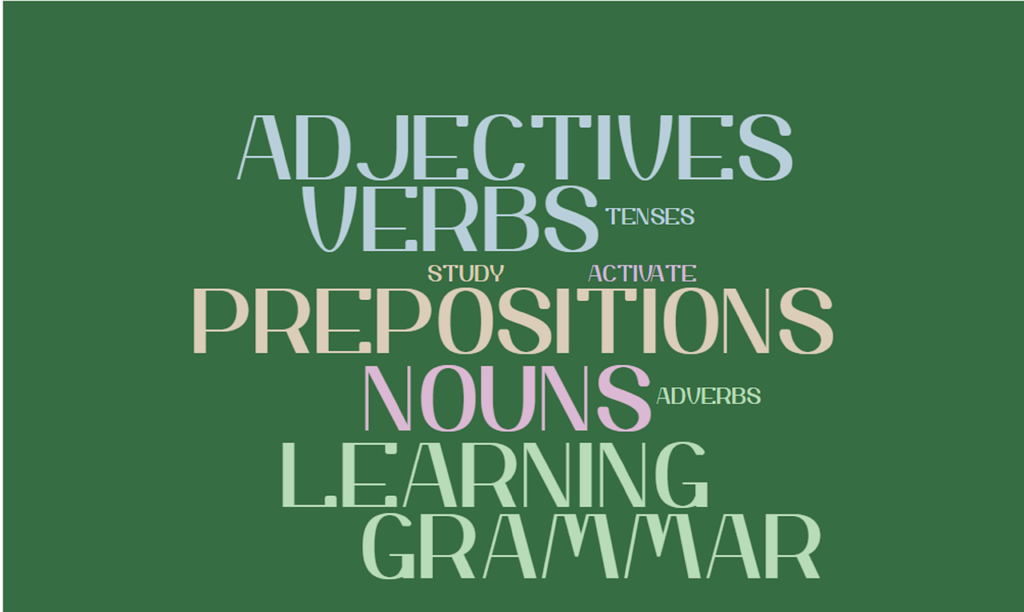Italian Superlatives Posted by Bridgette on Oct 3, 2020 in Grammar
Ciao a tutti!
Last week we talked comparatives, and this week I want to talk about superlativi, superlatives!
There are two types of superlatives: relative and absolute.
Relative superlatives are comments about superlative qualities in relation to something else. For example, my sister is the youngest of the family, or Rome is the most beautiful city in Italy.
Relative superlatives are formed just like comparatives but with the addition of the definite article (il, la, lo, l’…)
Per esempio:
Mia sorella è la più giovane della famiglia – My sister is the youngest of the family
Roma è la città più bella d’Italia – Rome is the most beautiful city in Italy
La mia zucca è il più grande – My pumpkin is the biggest
E’ la squadra meno forte -It’s the weakest team
Here are some common superlatives you will hear that do not need ‘più ‘ or ‘meno‘ in front of them:
Migliore (The best)
Peggiore (The worst)
Minore (The least)
Maggiore (The biggest)
Per esempio:
Luca è l’attore migliore – Luca is the best actor
Il natale è la stagione peggiore – Christmas is the worst season
Absolute superlatives on the other hand are just that, absolute. If you wanted to say your sister is extremely young or Rome is extremely beautiful, you would add the following to the adjective:
–ssimo (masculine singular)
-ssima (feminine singular)
–ssimi (masculine plural)
-ssime (feminine plural)
Per esempio:
La mia sorella è giovanissima – My sister is very young
Roma è belissima – Rome is extremely beautiful
La mia zucca è grandissimo – My pumpkin is very big
La squadra è debolissima – The team is very weak
There are some absolute superlative ‘irregulars’ that can replace or be used interchangeably with the ‘regular’ absolute superlative:
Ottimo – very good (buonissimo)
Pessimo – very bad (cattivissimo)
Massimo – very big (grandissimo)
Minimo – very small (piccolissimo)
Sommo – very high (altissimo)
Infimo – very low (bassissimo)
Some absolute superlatives are irregular and take errimo as their ending:
Celebre (famous) – celeberrima
Misero (miserable) – miserrimo
Aspro (sour) – asperrimo
Acre (bitter) – acerrimo
Integro (honest) – integerrimo
Salube (healthy) – saluberrimo
Tetro (gloomy) – teterrimi
Superlatives can also be used with adverbs, such as in the example: Io canto benissimo (I sing very well). Or, lui parla velocissim0 (he speaks very fast).
Can you write out some sentences below in Italian using the absolute and relative superlatives?
Alla prossima!

Build vocabulary, practice pronunciation, and more with Transparent Language Online. Available anytime, anywhere, on any device.





Comments:
Alex:
Salubre non salube. 😉
Phil Page:
I found the part on irregular superlatives interesting as some of them I have not before. But I think there are a few small errors here. E.g. ‘la mia zucca è grandissima’ and ‘salubre’ (not salube) for healthy?